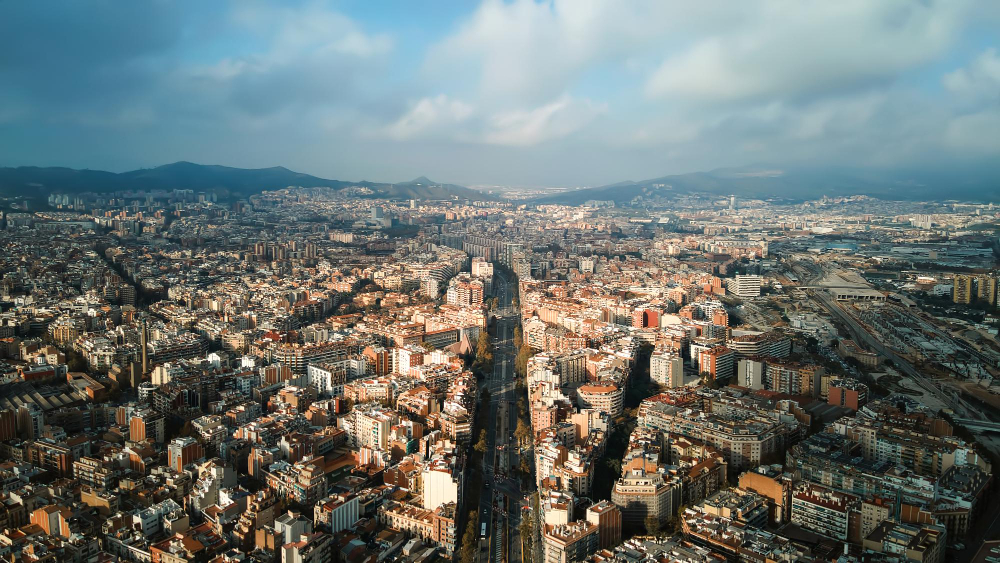19 September 2025 |
CONTRIBUTIONS OF THE NEW ECONOMY TO URBAN TRANSFORMATIONS
All urban transformations must maintain a strong commitment to the SDGs and the United Nations 2030 Agenda to ensure inclusive development that is socially fairer, environmentally sustainable, and promotes cultural and technological innovation.
The new economy in metropolitan environments must help address the major future challenges cities face: territorial imbalance, social inequalities, the need for quality and affordable housing, and the creation of economic activity and employment. This involves tackling the socioeconomic dimension of unemployment and the role of education, with a focus on vocational training, non-formal education, and qualification. Metropolitan cities must be prepared to compete, attract talent, and retain it—especially in times of digital environments and decentralized workplaces.
The boom in artificial intelligence is one of the main future challenges. It is essential to manage and promote the need to reduce digital biases—those related to age, gender, or territory—so that no one is left behind. This means improving the level of digitalization in cities, recognizing that it goes beyond simply adopting technological tools.
The new economy must also be oriented toward addressing the climate emergency, particularly the water crisis, as well as other environmental risks already affecting metropolitan territories. Challenges linked to climate emergency and sustainability should guide the path metropolitan cities take toward promoting the green economy and adopting more eco-sustainable economic practices. The roadmap toward decarbonization, supported by regulatory momentum, affects the provision of services in both public and private sectors.
For the 2021–2027 period, the European Union has defined two strategic lines to be implemented in the internal legislation of its 27 member states:
- The green transition, expressed in the European Green Deal
- And the digital transition, as a response to the challenges posed by a new green, sustainable, and environmentally respectful economy that helps mitigate the effects of climate change.
The European Union is also promoting a deep and impactful legislative shift affecting urban territories, with special attention to health, heat vulnerability, and the consequences of air pollution.
In this context, the metropolitan area of Barcelona is committed to becoming a digital metropolis that serves as an international benchmark and adapts this digital transition to the needs and challenges the metropolitan territory will face in the coming years.


